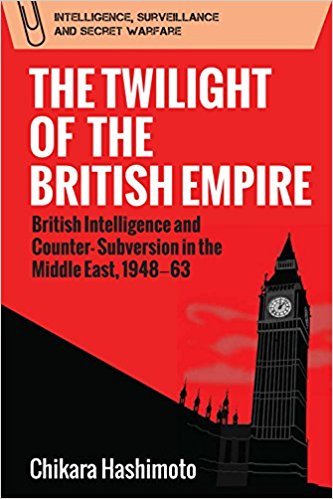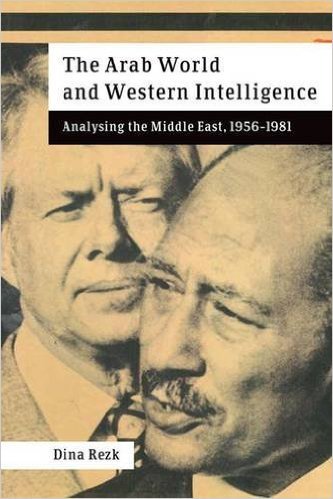
Part of Series
This book reveals, for the first time, a hitherto unexplored dimension of Britain's engagement with the post-war Middle East: the counter-subversive policies and measures conducted by the British Intelligence and Security Services and he Information Research Department (IRD) of the Foreign Office, Britain's secret propaganda apparatus. Between 1948 and 1963, British policymakers used intelligence as a tool to maintain British influence in Middle Eastern countries such as Egypt, Iraq, Jordan, Lebanon, Turkey and Iran. Discover how Britain tried to influence regional intelligence and security services and shape their approach to countering communist subversion. However, amidst disagreements over the nature of the threat and levels of brutality used to counter it, intelligence and secret liasons ultimately failed to protect Britain's waning influence.
Author
Chikara Hashimoto received his Ph.D. in International Politics from Aberystwyth University, the UK, where he also hheld a BScEcon in International Politics and Intelligence Studies and an MScEcon in International History and Intelligence Studies. He was Assistant Professor in International Relations, University of Sharjah, the UAE, and Assistant Editor of Intelligence and National Security. Before assuming his last post at the University of Sharjah since 2014, he taught at both undergraduate and post-graduate levels at Aberystwyth University and also worked as Research Assistant to Professor Len Scott.

